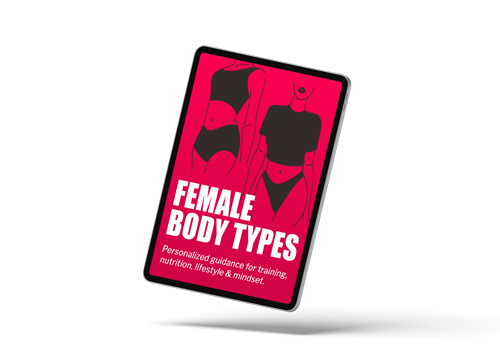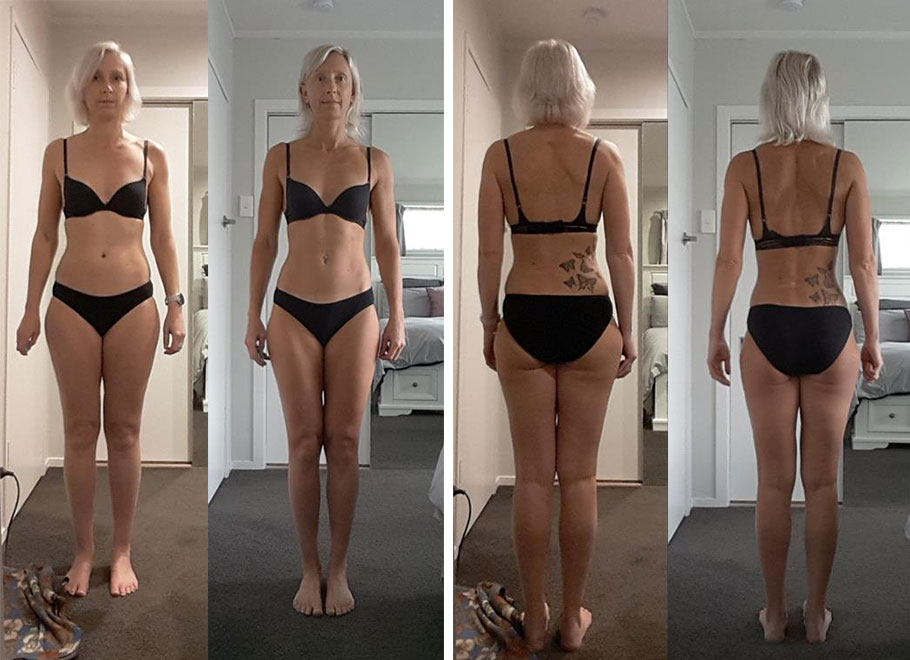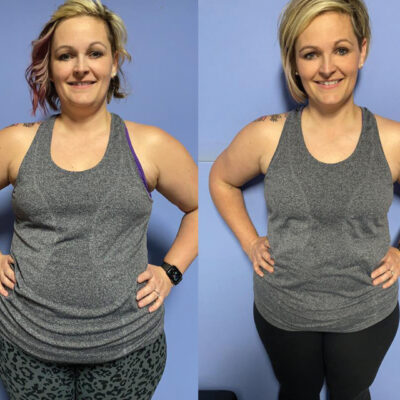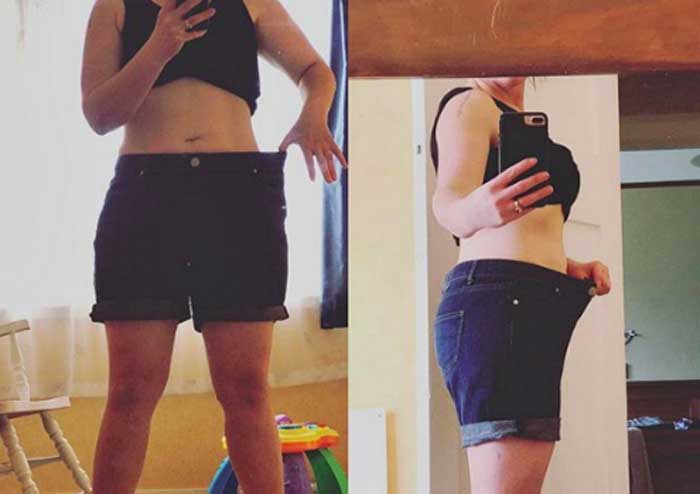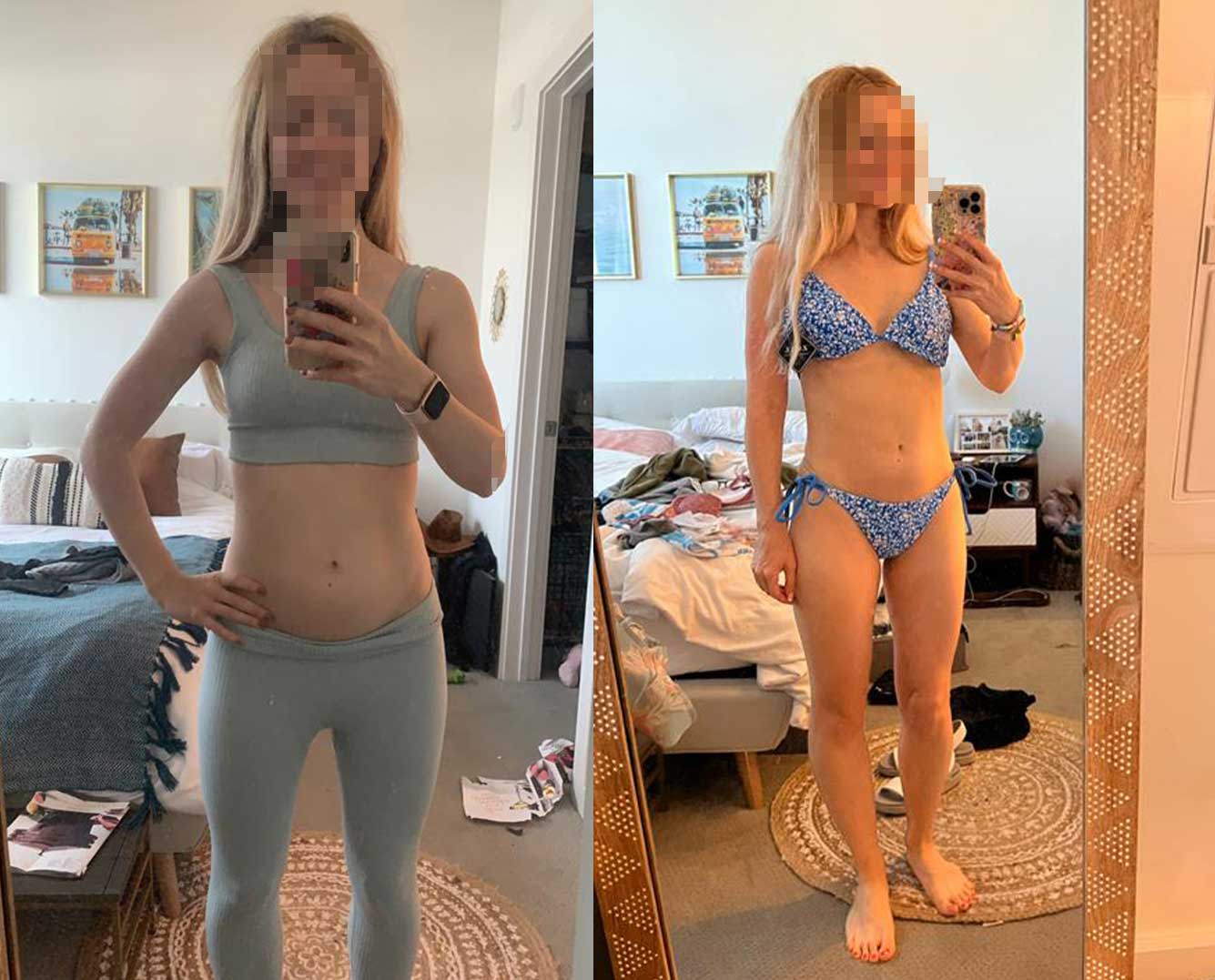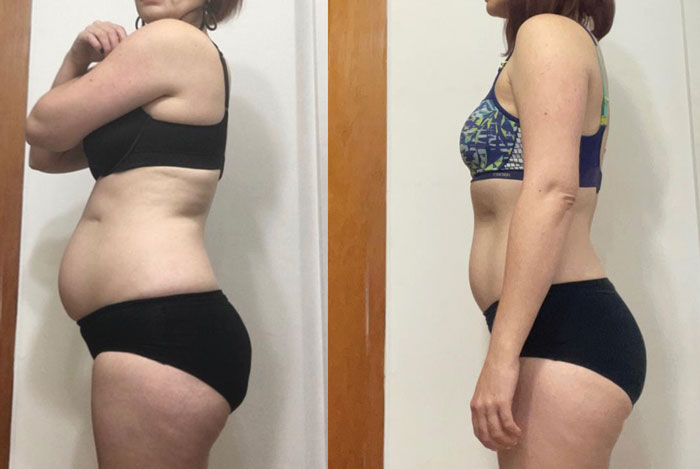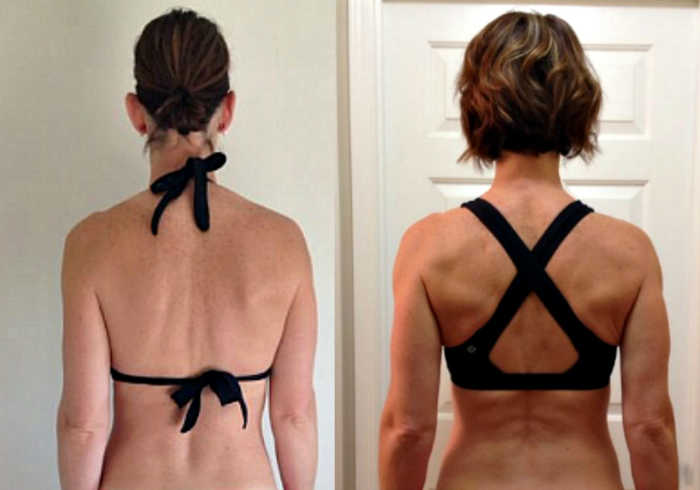I get absolutely slammed by cramps every month. I have since I was a teenager. In the past few years, I’ve done a lot of self-experimentation to figure out what does and doesn’t work for cramps.
What you eat can powerfully impact your monthly cycle and whether you get cramps. Once you’ve sorted out your diet, there are supplements that can help.
The suggestions in this article are all research-derived but I can also personally vouch for all of them. These are the things that have helped me most.
What causes cramps
One of the main causes of cramps are prostaglandins – chemicals which are produced by the cells of your uterine lining and released when the lining breaks down during your period.
Prostaglandins constrict the blood vessels in the uterus making it contract. These contractions cause the painful cramps you feel during your period. If you have higher levels of prostaglandins you’ll have more cramps.
Because inflammation leads to the production of prostaglandins, controlling inflammation is important if you want to reduce period pain. Making sure your body eliminates estrogen efficiently is also part of the equation.
How to reduce period pain
1. Eat more fiber
Chances are you don’t eat enough fiber. Especially if you eat low carb, low calorie or paleo.
Fiber is important because it binds to estrogen and helps your body dispose of it.
Studies show that higher fiber intake is associated with less menstrual cramps. This may be because when your fiber needs aren’t met, estrogen, along with other toxins, can be reabsorbed into your body instead of excreted through regular bowel movements.
When you have excess estrogen in your body, your uterine lining may be thicker (and you’ll have more prostaglandins), causing more painful periods when that lining sheds.
Women’s health experts recommend getting at least 35g of fiber per day for optimal hormone balance.
2. Eat more vegetarian food
Some studies have shown that low-fat, vegan or vegetarian diets can significantly help reduce period pain.
These diets help because they eliminate all animal fats and nearly all vegetable oils (which can lead to more estrogen production and an imbalance in omega-3s and 6s). Also, eating more plant-based foods means that there is more fiber in the diet.
You don’t have to go full-on vegan or vegetarian. Try cutting out meat (except some fish), dairy and eggs for at least 7 days before and during your period.
This one change has greatly reduced my own period pain. I also watch my intake of fats like peanut butter, nuts and cooking oils during this time. I eat fish, bean dishes and vegetarian protein powders to keep my protein up. It takes a lot of effort but it’s a good challenge to try new foods and when I do deviate from it, I notice my cramps are more painful.
3. Get your omega-3s
Diets higher in omega-3s and lower in omega-6s will help reduce period pain.
Omega-6 fats, found in animal fats and cooking oils, promote the production of prostaglandins that cause period pain. The precursor to prostaglandins is arachidonic acid, an omega-6 fatty acid found in meat and egg yolks but it can also be derived from soy, corn and vegetable oils.
As I mentioned before, by eliminating almost all meat, egg yolks and limiting my fat intake (yes, that includes my precious peanut butter!) at least 7 days before my period, I’ve had huge changes in period pain.
To keep your omega-3s up, eat at least 2 servings of oily fish every week. You can also get omega-3s from walnuts, flax and chia seeds but your body doesn’t use these as efficiently as fish sources. Fish oil has been shown to reduce period pain and could be helpful, especially if you don’t eat fish.
You should also avoid packaged foods and commercially baked products that often have omega-6 oils.
4. Take supplements for period pain
Magnesium, calcium, fish oil (or krill oil), vitamin D and vitamin E have been shown in studies to help reduce menstrual cramps. A good diet and exposing your skin to sunshine can help but for many women extra supplementation is helpful.
For estrogen dominant conditions like heavy cycles, fibroids, and endometriosis, diindolylmethane (DIM) can be a helpful supplement.
A few other tips for period pain
Smoking, drinking alcohol, too much caffeine, stress or even just not getting enough rest can lengthen and worsen period pain. It’s important to chill out in the lead up to and especially during your period.
Dairy can be problematic for some women. The best way to decide if it’s a problem for you is to eliminate it from your diet and see if your cramps improve.
The dietary changes suggested in this article will help but you may find you still need extra support. You may want to work with a naturopath or Chinese medicine practitioner who specializes in women’s health. Lately I’ve been working with a Chinese medical practitioner and my periods are lighter and almost no cramps. I also have more energy than usual.
And don’t underestimate the power of a hot water bottle, calling in sick and laying on the couch on those really bad days. Sometimes you just gotta do it.
You might also like: 4 Foolproof Fixes To Beat Hunger Before Your Period


